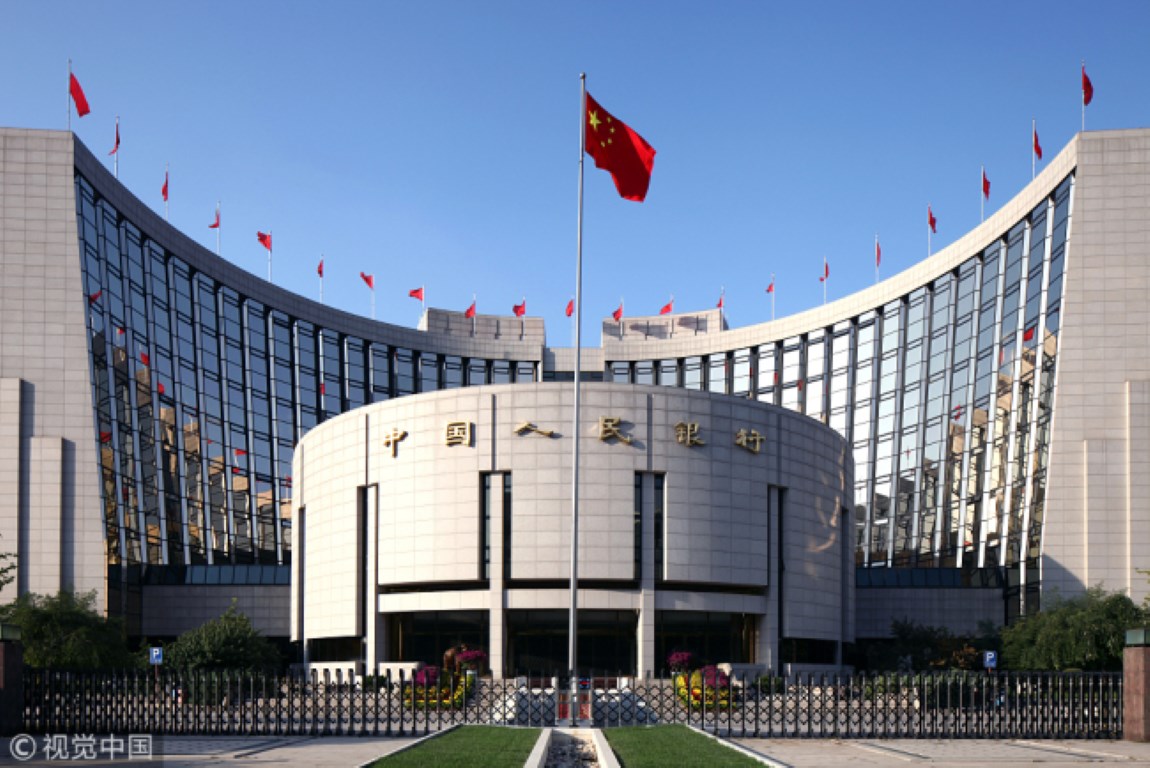Chinese central bank to unleash $100 billion
June 26, 2018 | Expert Insights

Amid fears of an escalating trade war with the US, China’s central bank has announced that it would be freeing up more than $100 billion. There have been concerns that China’s economy has already been affected by the trade dispute with the US.
Background
The United States has a history of tariffs dating back to the 1700s. In 2002, tariffs imposed by Bush were thought to have cost the country 200,000 manufacturing jobs. They were lifted a mere 21 months after their imposition. In 2009, Obama imposed a 35% tariff on Chinese tires after lobbying from American companies. This reportedly saved over 1000 jobs. However, some studies have shown that the tariff cost the country $2 billion in total, including a retaliatory ban on American chicken parts by China.
President Trump is known to have a protectionist outlook on trade. On the campaign trail, he promised tariffs against countries such as China, with whom the US has a $337 billion trade surplus. He has blamed China for loss of jobs. He also criticized “bad” trade deals and “unfair trade practices” against America. He said that other countries were "dumping vast amounts of steel all over the United States, which essentially is killing our steelworkers and steel companies”.
In recent months, experts have begun sounding alarm about an impending trade war between US and China, the two largest economies in the world. These fears solidified in March, when Trump announced global import tariffs of 25% on steel and 10% on aluminium. The President cited “national security” in order to circumvent WTO commitments. Since then, tensions have escalated. The US has imposed tariffs worth over $150 billion; Beijing responded with $50 billion worth of tariffs.
During trade talks in Beijing this May, US officials reportedly called for China to cut the trade deficit by $200 billion. However, a later round of trade talks that ended on a positive note, led people to believe that tensions would de-escalate. Treasury Secretary Steve Mnuchin stated that the two nations would be putting the trade war on hold. China agreed to increase its imports of US goods and cut the trade deficit, and President Trump lifted sanctions on ZTE.
Analysis
In June 2018, despite announcing a truce on the trade dispute, the White House announced that it would be moving forward with tariffs against China. The move would hit Chinese products linked to Xi Jinping’s “Made in China 2025” plan with a 25% import duty. Officials in Washington have reportedly reduced the list, which originally included 1,300 items, to 800.
Now, amid fears of an escalating trade war that could ultimately hurt its economy, China’s central bank is freeing up more than $100 billion. The central bank's move seems "likely to result in looser monetary conditions given signs that policymakers are becoming more concerned about the downside risks to economic activity from slowing credit growth," Julian Evans-Pritchard, senior China economist at research firm Capital Economics, said in a note to clients.
"Against the tensions, China's latest reserve ratio reduction, while expected, serves as a counterbalance to the soft sentiment," said Jingyi Pan of IG in a report. China’s economy grew by a robust 6.9% last year. However, there are concerns that it would slow down significantly as a result of these tariffs. The reserve reduction is the third by the central bank.
According to the People's Bank of China (PBOC), the latest targeted cut in some banks' reserve requirement ratios (RRRs) — currently 16 percent for large banks and 14 percent for smaller banks — will take effect on July 5.
Recently, the strength of Yuan fell to the lowest it has been against the Dollar in over five months. ANZ Research said that it still expects another 50 bps RRR cut in October.
Assessment
Our assessment is that history has taught us trade wars are extremely damaging. China and the US are the two largest economies in the world and a trade war between them could negatively impact the world economy and hit the world GDP by 1-3 percentage points in the next few years. If China’s economy continues to be hit, the nation will take even further retaliatory measures against the US and it could result in the largest trade dispute in recent history. The latest development is a move by China’s central bank to protect its small businesses in the months to come.








Comments